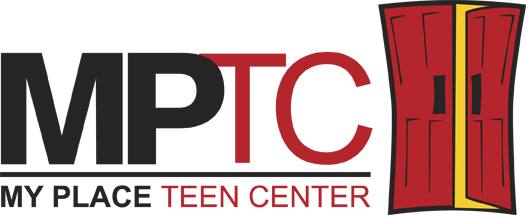Planned Gifts
Planned giving techniques allow you to make charitable gifts at a future date. They also enable you or your family to retain the use of the asset in the meantime. This can meet your estate planning needs and fulfill your charitable intentions. If you would like to explore deferred gift options, contact Donna Dwyer to obtain more information or to arrange a time to talk at your convenience. We recommend that you also discuss your plans with your attorney or financial advisor who can advise you in light of your individual circumstances.
Bequests
A bequest — providing for MPTC in your will — is perhaps the simplest form of planned gift. In most cases, the language to include is brief and straightforward, such as:
“I hereby give My Place Teen Center, a Maine nonprofit organization, a bequest of $_________to be used for its general charitable purposes.”
Please be sure to let us know about your decision, so your gift can be properly acknowledged.
Qualified Pension Plans
Designating MPTC as the beneficiary to your IRA, Keogh, or other qualified pension plan can have significant tax benefits to you and your survivors. Assets in these plans accumulate without being taxed but when they are distributed, substantial taxes can result. Designating a charity as the beneficiary of the plan, while leaving other types of assets to surviving family members, can maximize your ability to provide for both your family and the charity.
Life Insurance
Life insurance can be used to maximize the power of the charitable gifts you can afford to make. It can also be a versatile wealth replacement tool for estate planning. For instance, if you purchase a life policy on your life and name MPTC as the owner and the beneficiary, all premiums you pay are tax deductible gifts, and upon your death MPTC will receive the full benefits of the policy. Additionally, the cash value of the policy, accumulating over time, can be assessed should the charity need it.
